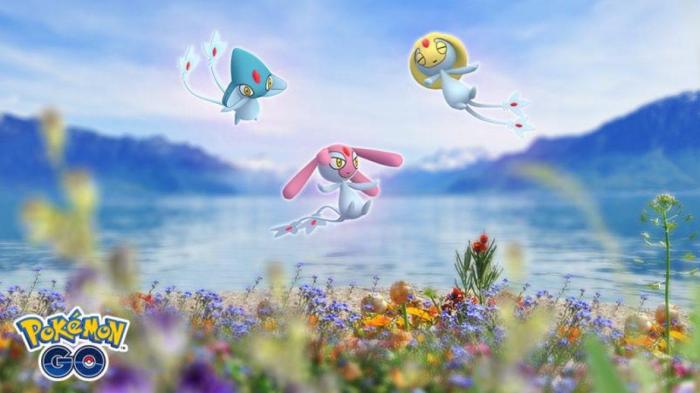Guardians of the Lake, enigmatic figures steeped in folklore and mythology, have captivated imaginations for centuries. These protectors of aquatic realms embody wisdom, protection, and the profound connection between humanity and nature.
From ancient legends to modern adaptations, Guardians of the Lake have left an enduring mark on our cultural consciousness. Their stories remind us of the importance of preserving our natural heritage and inspire us to seek deeper meaning in the world around us.
Overview of Guardians of the Lake
Guardians of the Lake are mythological beings that protect and watch over bodies of water, such as lakes, ponds, and rivers. They are often depicted as benevolent creatures with supernatural abilities, tasked with ensuring the well-being of aquatic ecosystems and their inhabitants.
In folklore and mythology, Guardians of the Lake hold a significant place, symbolizing the importance of water and the natural world. They are often associated with wisdom, protection, and the preservation of life.
Legends and Tales: Guardians Of The Lake

Throughout history, numerous legends and tales have emerged featuring Guardians of the Lake. One popular story tells of a lake spirit that protects a village from drought by releasing water during times of need.
Another common motif involves Guardians of the Lake being associated with lost treasures or hidden knowledge. In these stories, they guide worthy individuals to these treasures or reveal ancient secrets.
Characteristics and Attributes
Guardians of the Lake typically possess the following characteristics and attributes:
- Supernatural abilities, such as controlling water, healing, and communicating with aquatic creatures
- A deep connection to the lake or body of water they protect
- A benevolent nature, aiding those in need and protecting the ecosystem
- Wisdom and knowledge of the lake’s history and secrets
Cultural and Historical Significance

Guardians of the Lake have been present in cultures worldwide for centuries. In ancient Greece, they were known as Naiads, water nymphs associated with specific bodies of water.
In Celtic mythology, they were called Water Kelpies, shape-shifting spirits that could be both benevolent and dangerous. In Native American cultures, water spirits are often revered as protectors of the environment and sources of healing.
Modern Interpretations and Adaptations

In modern times, Guardians of the Lake continue to be depicted in various forms of art, literature, and film. They are often portrayed as protectors of the environment, symbols of hope, or guides to hidden realms.
For example, the film “Spirited Away” features a water spirit named Haku who protects the protagonist, Chihiro, in a magical world. In the television series “Game of Thrones,” the Children of the Forest create a race of tree-like creatures known as the Guardians of the Lake to protect their home.
Artistic Depictions, Guardians of the lake
Guardians of the Lake have been depicted in art, literature, and film for centuries. In paintings, they are often shown as beautiful women or men with flowing hair and watery eyes.
In literature, they are often described as wise and benevolent beings who protect the lake and its inhabitants. In film, they have been portrayed as both benevolent and malevolent creatures.
Ecological Significance

Guardians of the Lake play an important ecological role. They help to maintain the health of the lake by controlling the water quality, providing food for fish and other aquatic creatures, and protecting the shoreline from erosion.
In addition, Guardians of the Lake are often seen as symbols of the importance of water conservation and the need to protect aquatic ecosystems.
Symbolism and Meaning
Guardians of the Lake often symbolize the following concepts:
- Protection and safety
- Wisdom and knowledge
- The importance of water
- The connection between humans and nature
General Inquiries
Who are the Guardians of the Lake?
Guardians of the Lake are mythical beings believed to protect and preserve aquatic ecosystems.
What is their significance in folklore and mythology?
Guardians of the Lake often represent wisdom, protection, and the connection between humanity and nature.
How are they depicted in modern interpretations?
Modern adaptations of Guardians of the Lake reflect contemporary beliefs and values, often emphasizing their role as protectors of the environment.
